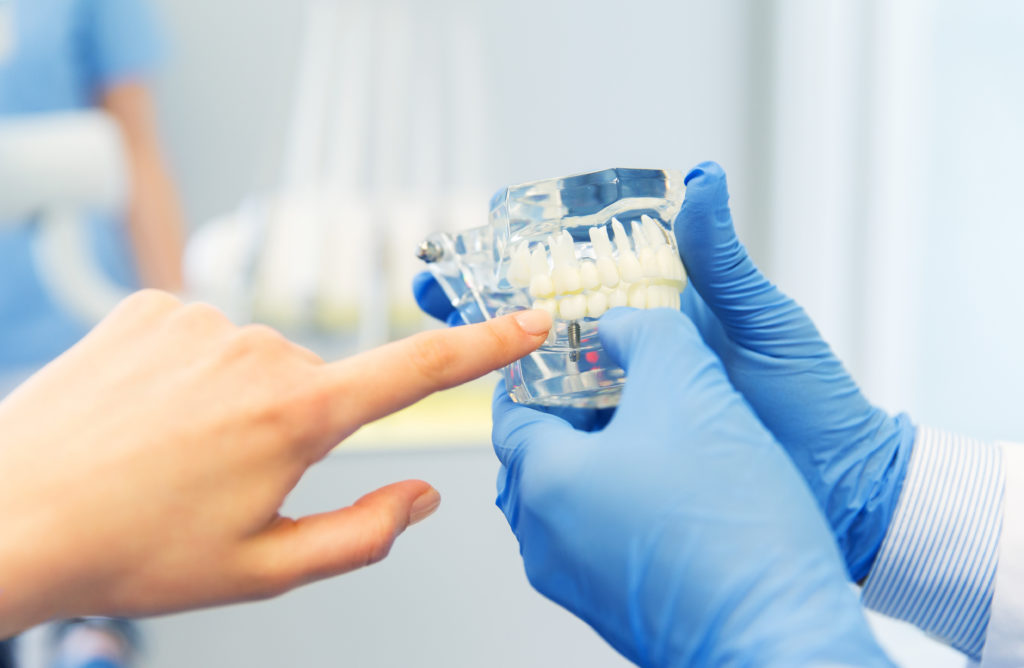Temporomandibular Joint — What Is It?
The TMJ joint is located at the base of the skull and it allows for the movement required for talking and chewing. This joint connects the mandible which is also known as the lower jaw to the temporal bone that has its position on the side of the skull. This joint is one of the most complex in the body as it allows movement from all sides. It contributes vastly to the complexity of TMJ disorders and any TMJ therapy offered to treat it effectively.Can TMJ Therapy Treat TMJ Disorders?
Diagnosing TMJ disorders is the biggest challenge for doctors or even dentists that may be offering TMJ therapy near you. The disorders are in a broad category and may include many possible reasons. Under the circumstances, the treatment options available are also different. Any doctor offering TMJ therapy near you may attempt to diagnose the condition based on the number of symptoms which may include persistent pain around the jaw and restricted movement of the jaw. TMJ disorders generally resolve themselves over some time except for some cases which may be ongoing.The Causes of TMJ Disorders
Many possible reasons have been attributed to the possible causes of TMJ disorders. Some of the known causes include the following:- Arthritis.
- Physical injury.
- Grinding or clenching of the teeth when sleeping.
- Autoimmune diseases.
- Dental surgery.
- Infections.
The Symptoms of TMJ Disorders
There are many symptoms linked to TMJ such as pain when moving the jaw, headaches, migraines, sounds when opening and closing the mouth and restrictions in movement. Doctors or dentists offering TMJ therapy are often considering the symptoms before suggesting any treatment to the patient.Treatment for TMJ Disorders
Many people have benefited from lifestyle changes and self-care that was advised to them by the TMJ dentist in NW, Calgary. The lifestyle changes helped them to manage mild to moderate symptoms. Some of the recommended self-care treatments by the dentist included reduced movement of the jaw, avoiding hard foods, chewing gum, and clenching of the jaw. Dentists may also recommend stretching exercises, massaging the muscles affected which may provide relief to the patient. A combination of rest and exercise may also be suggested with a healthcare professional providing advice on the type of exercises to follow and lifestyle changes to make for easing up TMJ disorders. The symptoms of this condition can also be reduced by applying moist heat or ice packs.CALL US NOW – 587.351.7735












